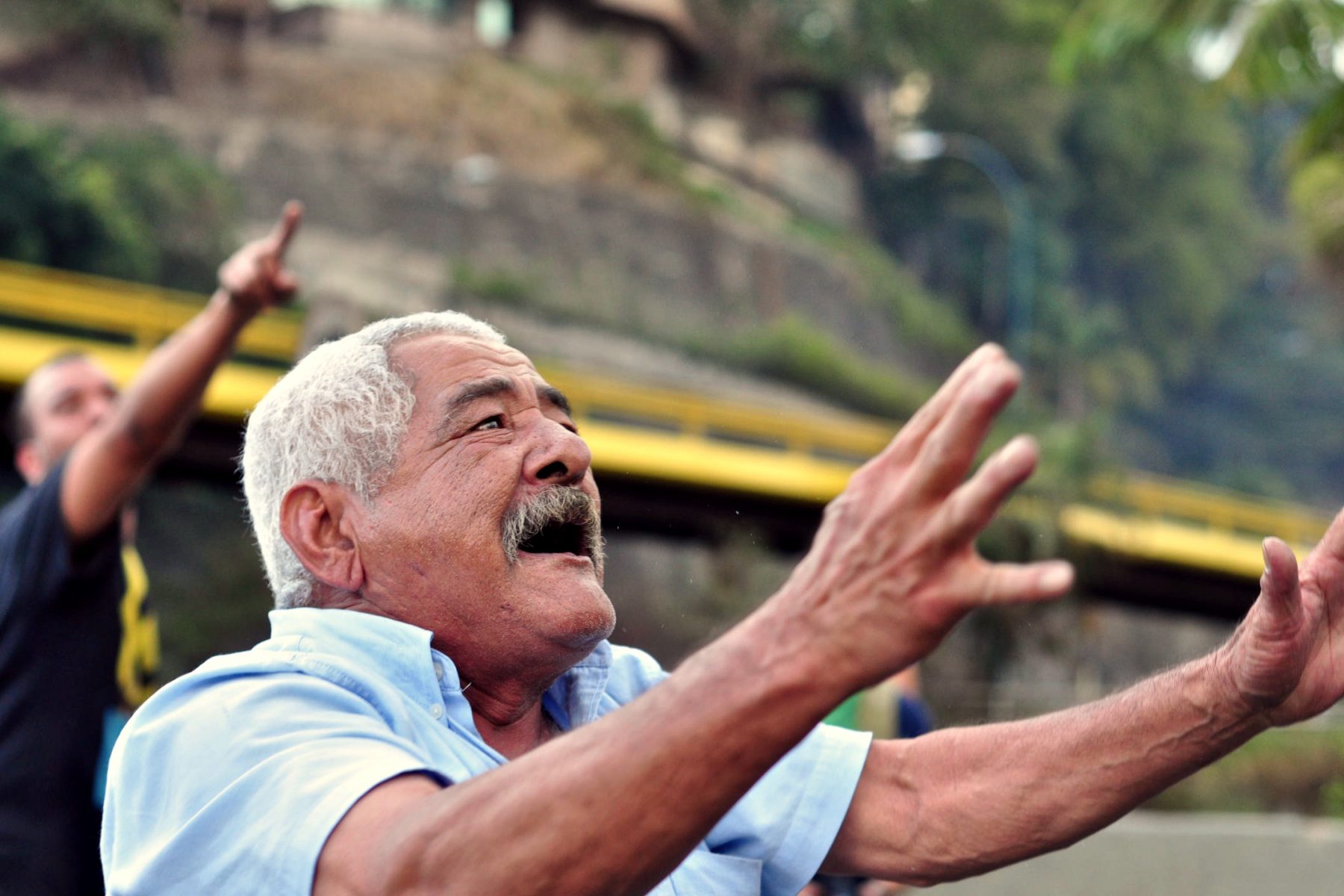Today in Venezuela, citizens are in the streets protesting what they see as a corrupt, mismanaged, misguided government. Broad discontent has been brewing in the country for years, beginning largely in the Chavez presidency and intensifying in fury since the 2013 election of Nicolás Maduro – a younger and taller, but ideologically identical version of his predecessor. Recently, tension finally came to a boiling point.
The first of the protests began in January and early February of this year, following the roadside robbery and murder of a famous Venezuelan actress and the rape of a university student on San Critobal campus. The protests called for increased security and governmental accountability; Venezuela has one of the highest crime rates in the world and a murder rate that is similarly chart-topping, now quadruple what it was when Chavez was elected in 1999.
In response to the protest in San Cristobal, the police detained and allegedly beat a number of students, providing the spark that transformed a potentially isolated event into a full-blown and wide-spread cry for revolution. Since then, demonstrations have broken out across the country, including the capital of Caracas, where protests have brought thousands to the streets, often in militarized conflict with the government. The movement has also broadened in focus, addressing a range of issues across all aspects of Venezuelan society.
One of the more immediate concerns voiced by protestors is Venezuela’s increasingly dire economic state. Chavez’s vision of industry was like the sales pitch of a closing electronic superstore – “Leave nothing on the shelves, nothing in the warehouses… Let nothing remain in stock!” Chavez once declared on Venezuelan television. With this intensely populist vision, Chavez slashed prices to the lowest common denominator, which helped the consumer for a brief moment but ultimately increased inflation radically and suffocated national industry, limiting international trade potential and ultimately hurting the Venezuelan consumer. Today, basic goods such as eggs, milk, and flour are scarcely available anywhere in the country. In response to questions about food and toilet paper shortages, the current president, Nicolas Maduro joked that Venezuelan people “eat too much.”
Venezuela’s crumbling economy has facilitated the rampant growth of a black market, to which people have no choice but to turn, and which has worsened the already considerable problem of corruption. Profiteers who feed off the deteriorated system – buying on the regular market and selling on the black market – push Venezuela further into disarray.
As Venezuela’s economy turns more into a free-for-all, so does the country’s social structure. A particularly vivid example of this shift has been the country’s housing policy. In 2011, Chávez delivered a speech inviting all of the countries homeless to come inhabit the innumerable abandoned warehouses, galpones, scattered across Caracas:
“I invite the people…Look for your own galpón and tell me where it is. Everyone should go find a galpón. Let’s go get us a galpón! There are a thousand, two thousand abandoned galpones in Caracas. Let’s go for them! Chávez will expropriate them and put them at the service of the people.”
Unfortunately, there was no organizational structure in place to facilitate such a major migration. Coming in huge numbers, the homeless filled every vacant nook and cranny of the city. Without proper governmental supervision, the new neighborhoods have come to be ruled by armed and violent slum-lords whose claims to power are threatened only by those who are as ferocious and lawless as they.
Venezuela’s social and economic problems are inextricably linked; neither will be solved unless they are addressed in conjunction with one another. Ready for meaningful relief, the people of Venezuela have finally called their government’s evasive bluffs of empty populism and come to realize that the current trend of providing quick-fix, band-aid answers to society’s fundamental, gaping challenges only intensifies them.
The Venezuelan government must hold itself responsible for its problems before it can fix them. Up until this point, Maduro, like Chavez before him, has blamed his country’s problems on what he calls an economic war being waged against Venezuela. By whom, he has never specified.




